Profile
Venoms that kill your motivation and their antidotes

It’s hard to keep motivation alive sometimes
Here’s a short story that may or may not sound familiar. One day an enticing and fresh idea knocks on your door, you welcome it into your life and soon it blossoms into an exciting new project you can’t wait to start working on.
So you get down to business! All hands on deck. You feel good, motivated, unstoppable and inspired. Everything goes well…at least for a while.
Somewhere along the way, things start to go south. The motivation that fuelled you at the beginning is gone and without it your project can’t survive much longer.

After this, a wave of frustration invades you. You don’t know what went wrong and honestly you are too disheartened to perform an autopsy on the ‘dead project.’
After grieving for a while, you move on to the next one, excited and motivated like before. But soon afterwards the next project dies too! And before you know it, you have a pile of dead projects buried in your backyard.
At this point you can’t help but wonder why it is so hard to keep motivation alive? Most of the time the cause of death was one (or a concoction) of these venoms listed below.
SELF-COMPARISON
Nothing drains your energy more than comparing yourself with others. Seriously, it’s an incredibly exhausting task. That’s why it’s no surprise that at the end of the day, you have no energy left to invest in your projects and personal goals.
Comparison is a natural process the human brain has been doing for ages and it’s a key feature of our species.
If you want to achieve the objectives you have set for yourself, the first thing you have to learn is how to be energy-efficient and reserve your precious and limited mental energy for the things that really matter and that will bring you something useful or productive in the long run.
For example: comparing a stunning shot of an Instagram model basking in the sun on a tropical island against ourselves on a Sunday morning is not only unfair and irrational, but also unfruitful, pointless and incredibly toxic.
And it’s called self-destructive comparison. That’s the type you don’t want to engage in.
On the contrary, comparing your habits and lifestyle with a well-planned nutrition and fitness programme, actively seeking and identifying our weak spots and be willing to improve them in order to live a healthier life, is meaningful and productive and it’s self-evaluation or constructive comparison. And that’s the type you’ll want to invest your precious and limited energy in.
In short, self-destructive comparison weakens our motivation while constructive comparison nurtures it.
STAGNATION
Think of motivation as a house plant. You need to constantly water it and nurture the soil for it to grow healthy. It will wither slowly and eventually die if you don’t dedicate time to take proper care of it.
“So what can I do to stimulate my motivation every day?” you may ask. The answer is pretty straightforward and it’s something you probably have heard about before: vision boards.
Remember that humans are visual creatures, so it’s no surprise that sometimes we need to see the things we want to achieve in order to keep moving forward. And what vision boards do best is helping you visualise your goals.
So what about creating one? They are incredibly simple to make on your electronic devices or you can even go to greater lengths, print it and hang it on your wall so you can see it everyday.
IMPATIENCE
We have to come to terms with the fact that good and worthwhile things take time and it’s imperative that we learn to cultivate the increasingly rare virtue of patience. Sometimes, especially when we are just getting started on a new project (which could be referred to as the “honeymoon period” of our projects).
While being high-spirited is important, things get dangerous when we start setting unrealistic goals.
Feeling constantly disappointed for not being able to reach the unreasonable milestones we set for ourselves, creates a sense of defeat that gradually weakens our motivation and causes us to get frustrated, disheartened and end up abandoning our projects altogether.
So what can you do to protect your motivation from the devastating effects of impatience? Start by allowing yourself to work slowly but surely by dividing tasks into small chunks and while you are at it, remember to watch out for the goals you set. Setting unrealistic goals can end your whole career before you even start.
Make it a habit to acknowledge and praise your progress, no matter how small the victory. Because seeing how much you have accomplished can give you the reassurance you need to know you are doing things right, and this knowledge helps keep impatience at bay.
PERFECTIONISM
Perfectionism slows you down and puts an unnecessary amount of pressure on your shoulders. It’s extremely time-consuming. Perfectionism affects your motivation the same way impatience does.
So, instead of sweating every little detail, worrying about every tiny thing and overthinking every small aspect of your project, try to focus on what’s really important.
Focus on the things that will really pay off and make a difference in the long run.
Being detail-oriented is a good thing, but don’t overdo it. When it comes to achieving your goals, the most important thing is to be consistent, not perfect.
Perfection is an illusion we can spend all our lives chasing after and never achieve. Instead, strive to find satisfaction in knowing that you are doing your best, learning and improving every day.
Source : Pickthebrian
Profile
Albert Litela Obidiaba: The artist who wove Ghana’s soul into the King’s Baton
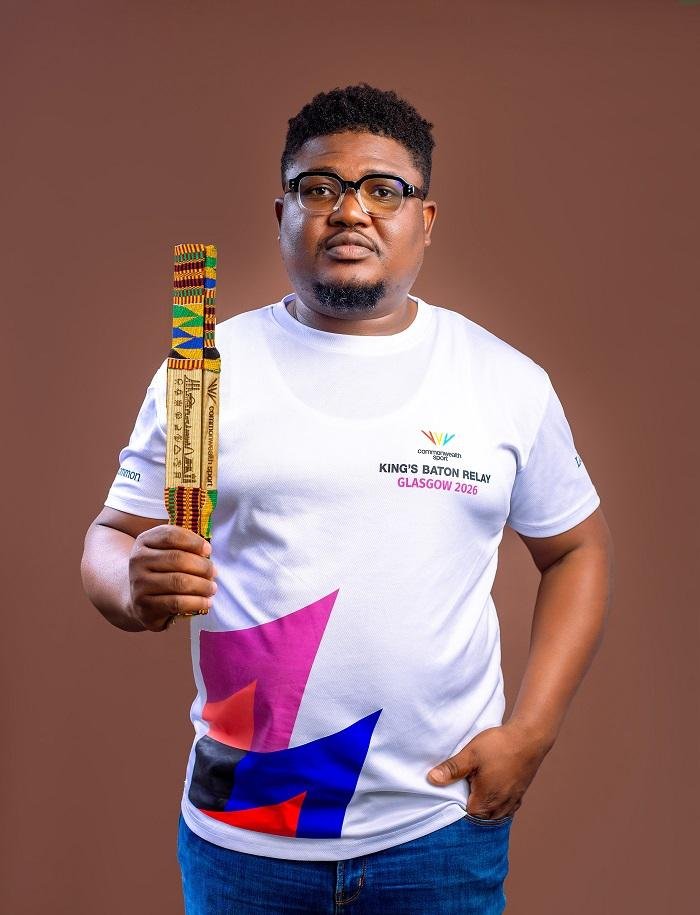
When the world’s eyes turn to the King’s Baton on its global journey, one of Ghana’s most profound artistic stories travels with it. It will be a story of creativity, culture, and national pride crafted by Albert Litela Obidiaba.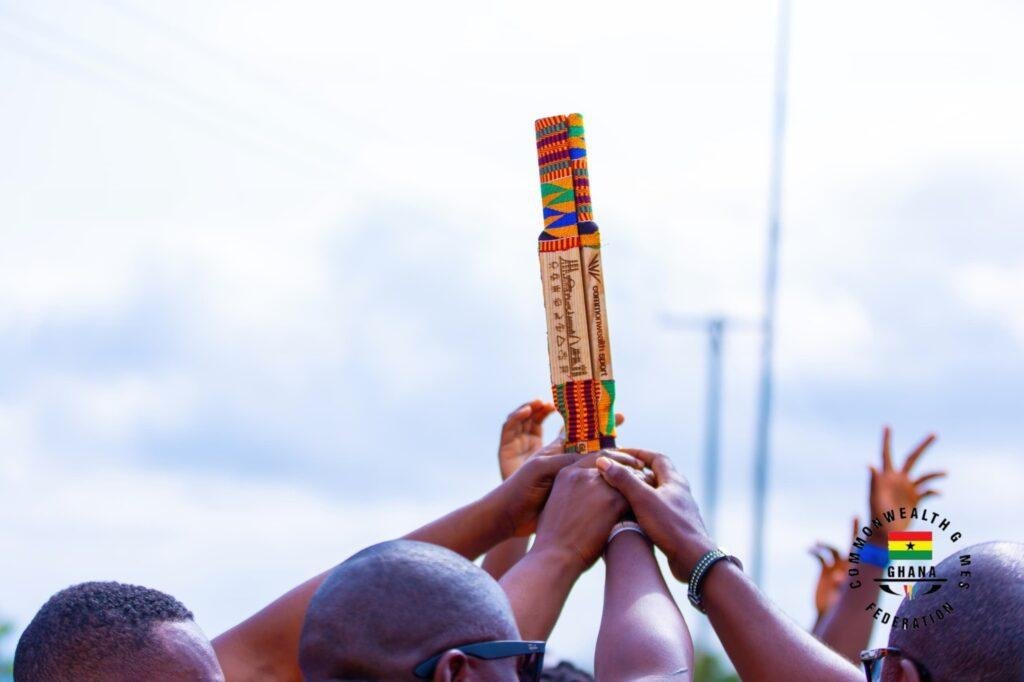
From the quiet town of Old Baika in the Oti Region, Albert’s journey as an artist has always been about telling stories. It is not just through words, but through symbols, textures, and meaning.
“From a young age, I was drawn to the power of art, knowing how colours and textures can capture not just emotion but culture and identity,” he recalls.
Today, his name has become synonymous with innovation rooted in traditional bridge between Ghana’s past and its global creative future.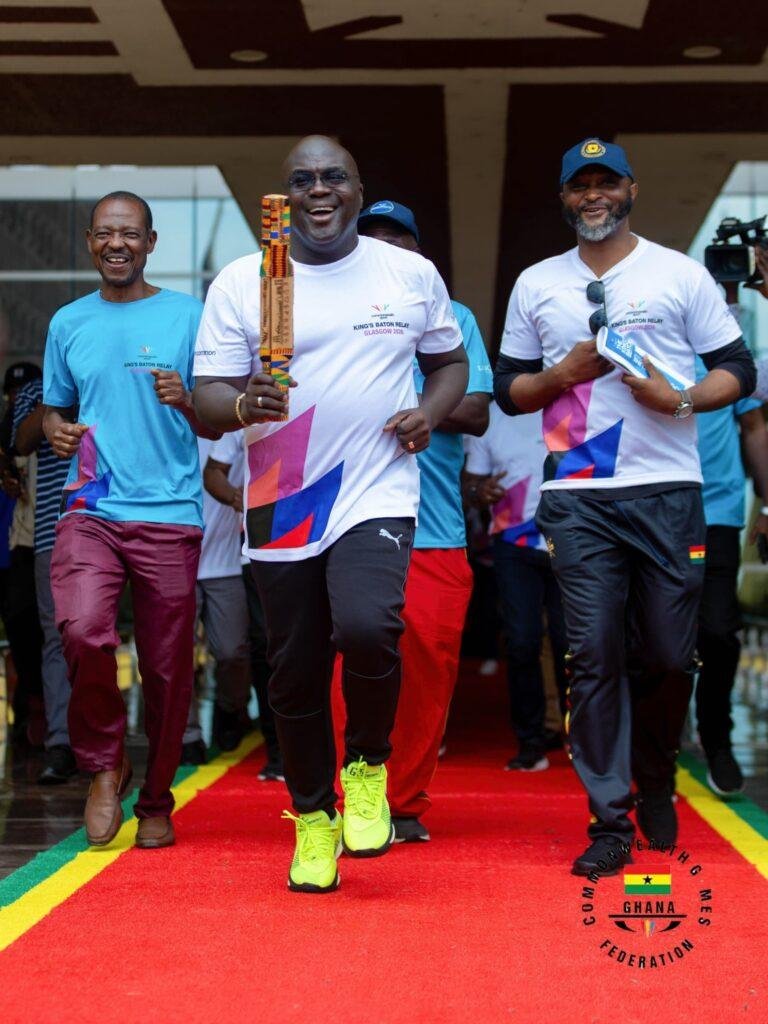
Albert’s love for art was born from curiosity. Surrounded by the vibrancy of Ghanaian culture; the patterns of kente, the stories behind Adinkra symbols, and the textures of daily life, he began sketching and crafting early on.
“Simple things told deep stories,” he says. “That fascinated me.”
As he matured, his art evolved into a personal mission to preserve and reinterpret Ghana’s heritage for a modern audience. His style reflects a seamless blend of culture and contemporary design, each piece a narrative of unity, history, and pride.
“I see art as storytelling through form and symbolism, it should feel rooted in purpose yet speak to today’s world,” he explains.
When the call came to design Ghana’s version of the King’s Baton, Albert saw it as both a national duty and a creative calling.
Recommended by mentors like Mr Charles Osei Asibey, who trusted his talent and understanding of Ghanaian symbolism, he embraced the project wholeheartedly.
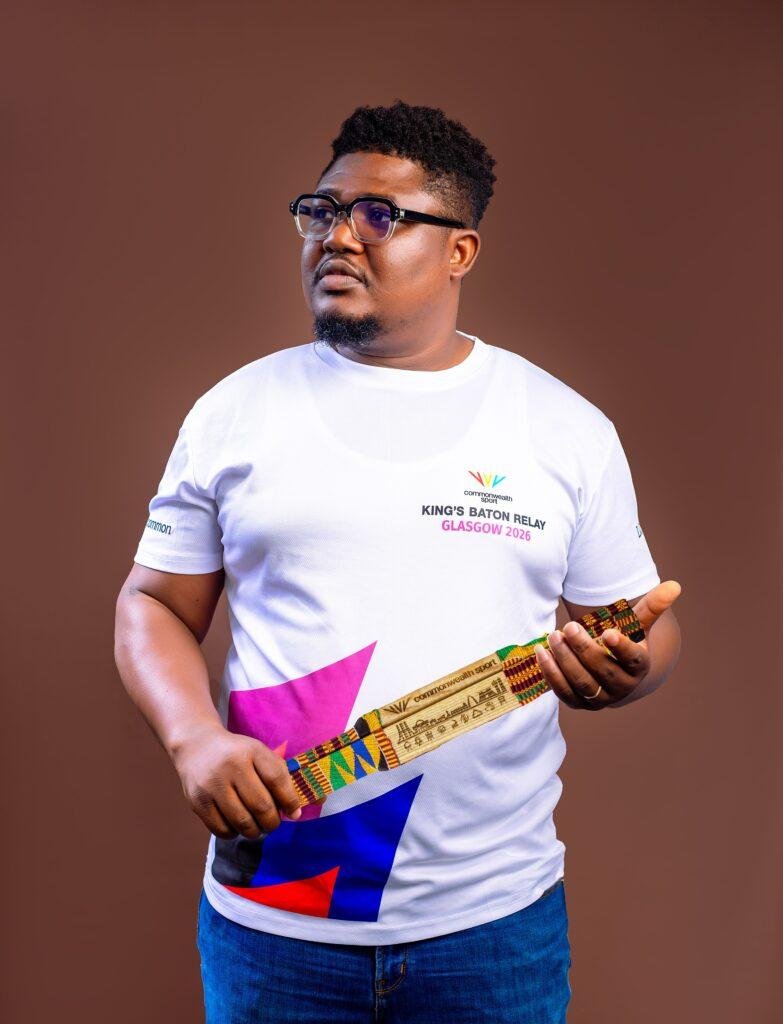
His vision was clear; to create a piece that would embody unity, pride, and the enduring spirit of Ghana.
Drawing from traditional motifs, he integrated textures inspired by kente weaving, representing hard work, continuity, and creativity. The golden tones symbolise strength and dignity, while the contours and natural motifs mirror Ghana’s landscapes and people.
“The King’s Baton had to tell our story of who we are, what we value, and how we see the world, it is more than art, it is identity in motion,” he said.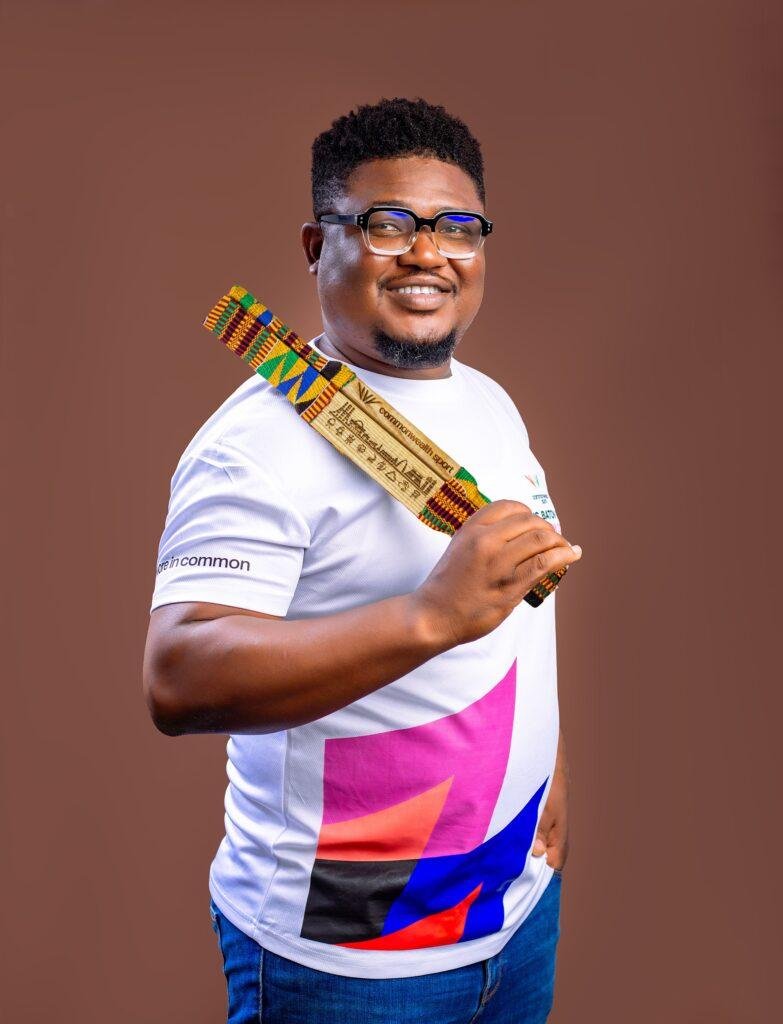
Every etch, every pattern carries meaning. From concept to completion, the entire process took three intense weeks which were filled with research, design sketches, consultation, and collaboration with skilled artisans.
“It was days and nights of work, but a lifetime of meaning,” he says with quiet pride.
Creating a design that represents all of Ghana’s diverse cultures was no small feat. Albert had to balance aesthetics, authenticity, and technology thereby using sustainable wood, carefully treated and certified, to reflect the nation’s commitment to nature and preservation.
“It wasn’t easy finding the right mix,” he admits. “But those challenges pushed me to think deeper. They made the final piece stronger — both artistically and symbolically.”
For Albert, Ghanaian culture is both muse and message. His works echo the values of unity, strength, persistence, and wisdom, drawn from Ghana’s traditions.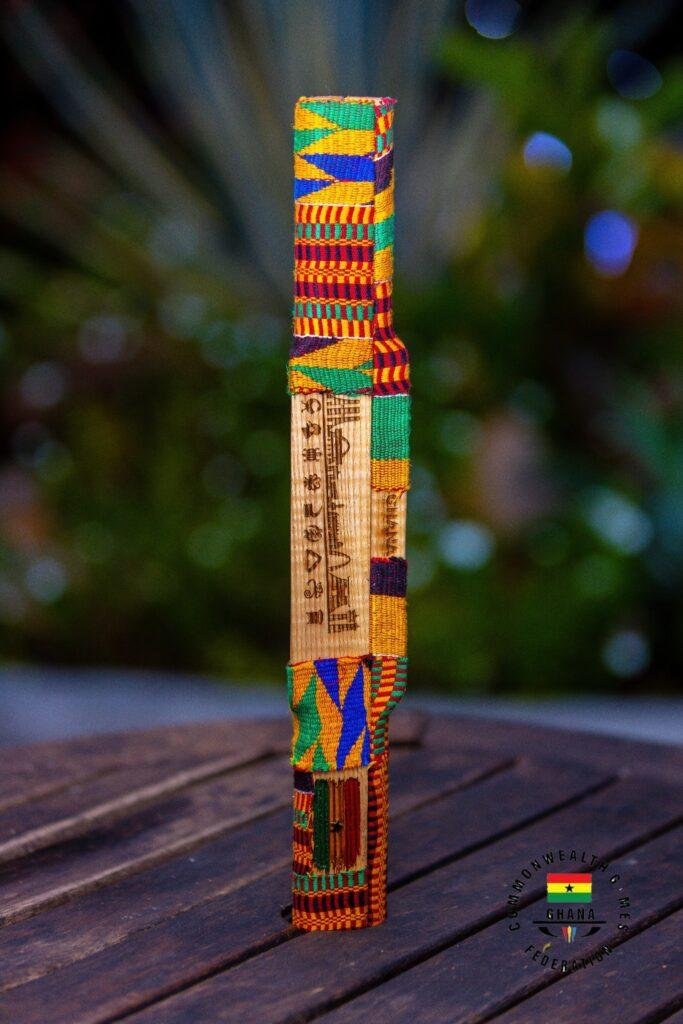
“Art preserves who we are and every line and symbol tells a story of belonging,” he said, and believes art is one of the most powerful tools for building national pride.
Designing the King’s Baton has been a defining moment in his creative journey and that it deepened his appreciation for cultural storytelling. “It taught me that creativity is also a form of service,” he said.
The experience has opened new professional doors, but more importantly, it gave him a renewed sense of purpose making him embrace a call to national duty.
“My soul will be glad even after my days on earth are over,” he said beaming with smiles.
Beyond the King’s Baton, Albert has worked on numerous projects celebrating Ghanaian identity through contemporary art and design. His ongoing works explore symbolism and heritage in new forms which includes blending materials, stories, and styles from across Ghana’s regions.
He is currently preparing projects that continue the conversation the baton began. They are about unity, creativity, and Africa’s evolving artistic voice.
To young artists aspiring to make their mark, Albert’s advice is for them to believe deeply in their craft and that the world is always looking for authenticity “which comes from knowing who you are and where you come from.”
On how he wants to be remembered, he said, “I want to be remembered as an artist who used creativity to celebrate culture and connect people. If my name is remembered as the one who designed Ghana’s version of the King’s Baton, that will be enough, because it means I carried Ghana in my hands, and shared her with the world.”
By Esinam Jemima Kuatsinu
Join our WhatsApp Channel now!
https://whatsapp.com/channel/0029VbBElzjInlqHhl1aTU27
Profile
Survival to service: Margaret Odame Donkor the breast cancer preacher
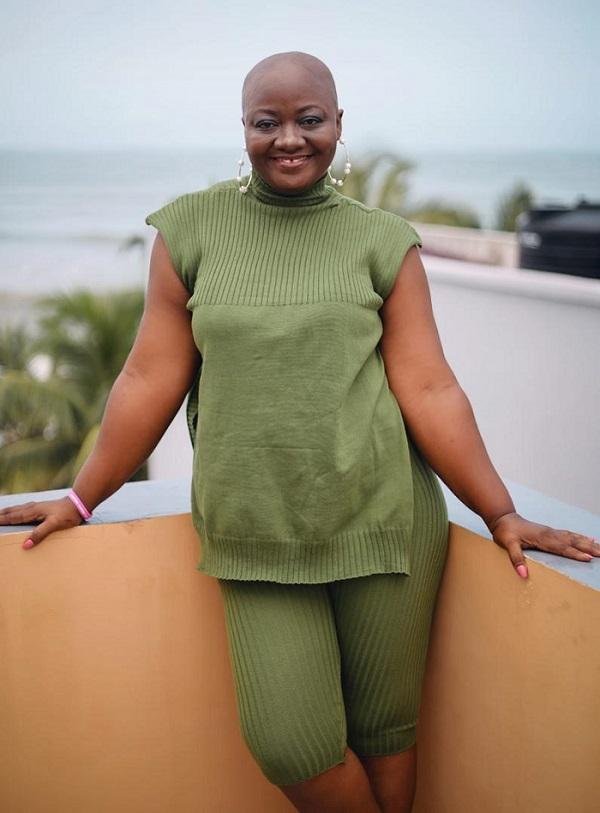
A ‘trotro’ bus heading to Nsawam was filled with the usual sounds from conversations, music, and sometimes a preacher delivering a message.
But when Margaret Odame Donkor rises to speak, she does not preach salvation or sell herbal remedies. Instead, she shares her journey as a breast cancer survivor, urging passengers to examine their breasts regularly, seek medical help early, and never lose hope.
Her pulpit is not a church, but the crowded minibuses of Ghana’s public transport system. Her message is not about repentance, but about survival.
She urges women to check their breasts regularly, encourages men to support their wives during health challenges, and reassures everyone listening that a cancer diagnosis is not the end of life.
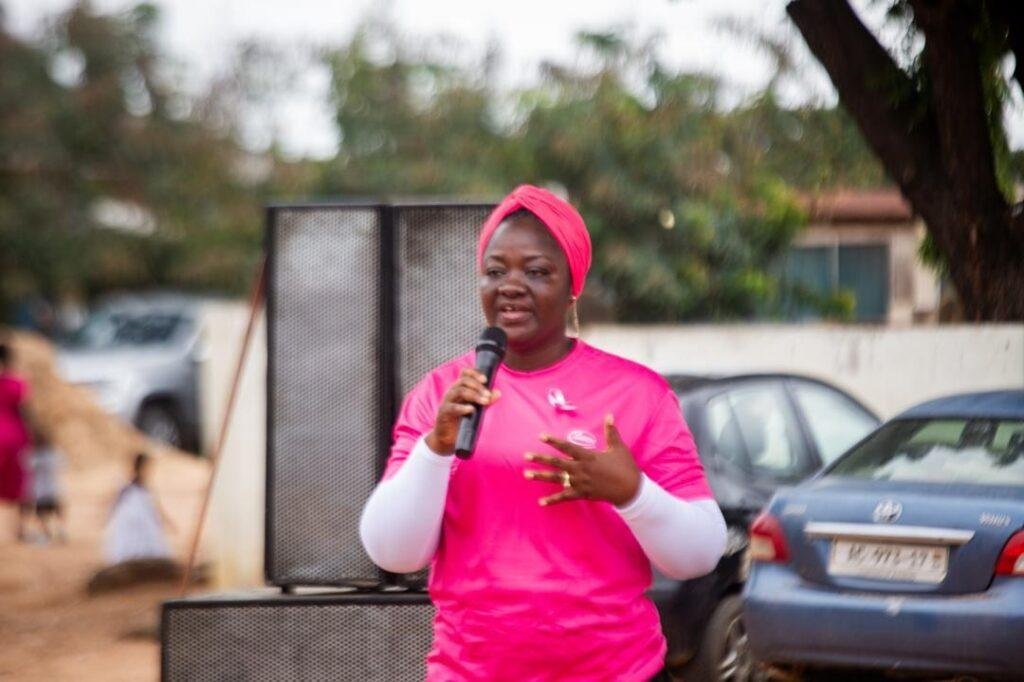
For Margaret, creating awareness is more than a duty-it is a calling born out of personal pain, fear, and triumph.
Her words carried weight because they come from lived experience.
At age 48, Margaret has walked through the valley of fear and pain, battled stage three invasive carcinoma, and emerged not just a survivor but an advocate determined to educate others.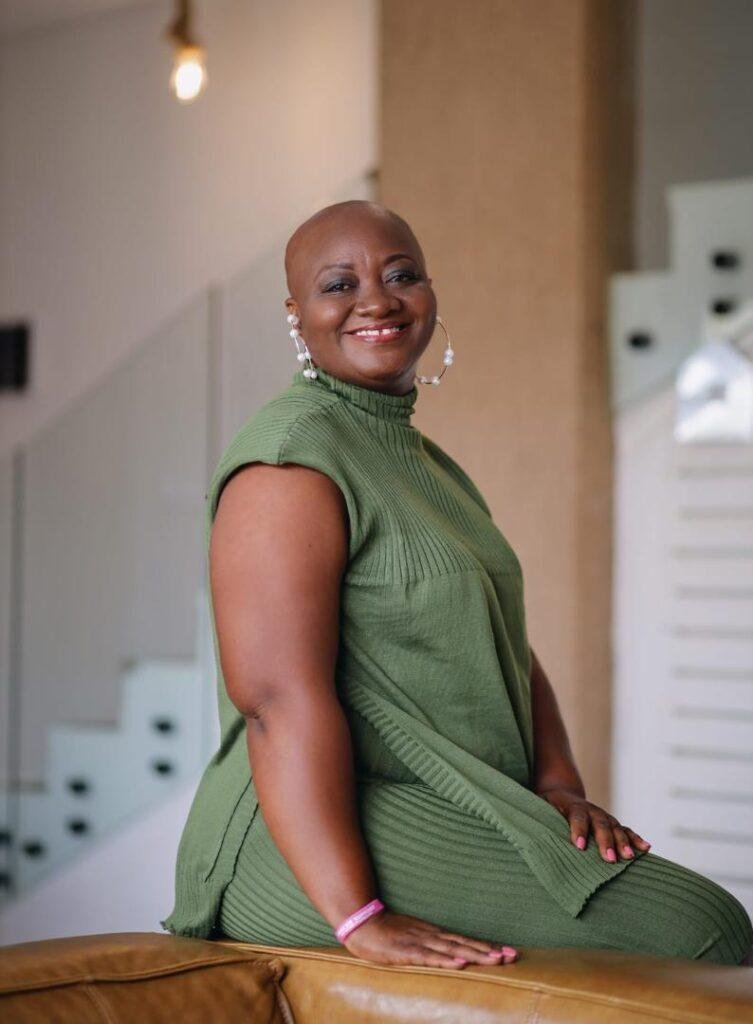
Cancer journey
Margaret’s encounter with breast cancer stretches back decades. At 22, she discovered a lump in her left breast. It was removed and declared benign. Relieved, she skipped regular checks and moved on. Then in 2021, the lump reappeared—this time spreading toward her armpit.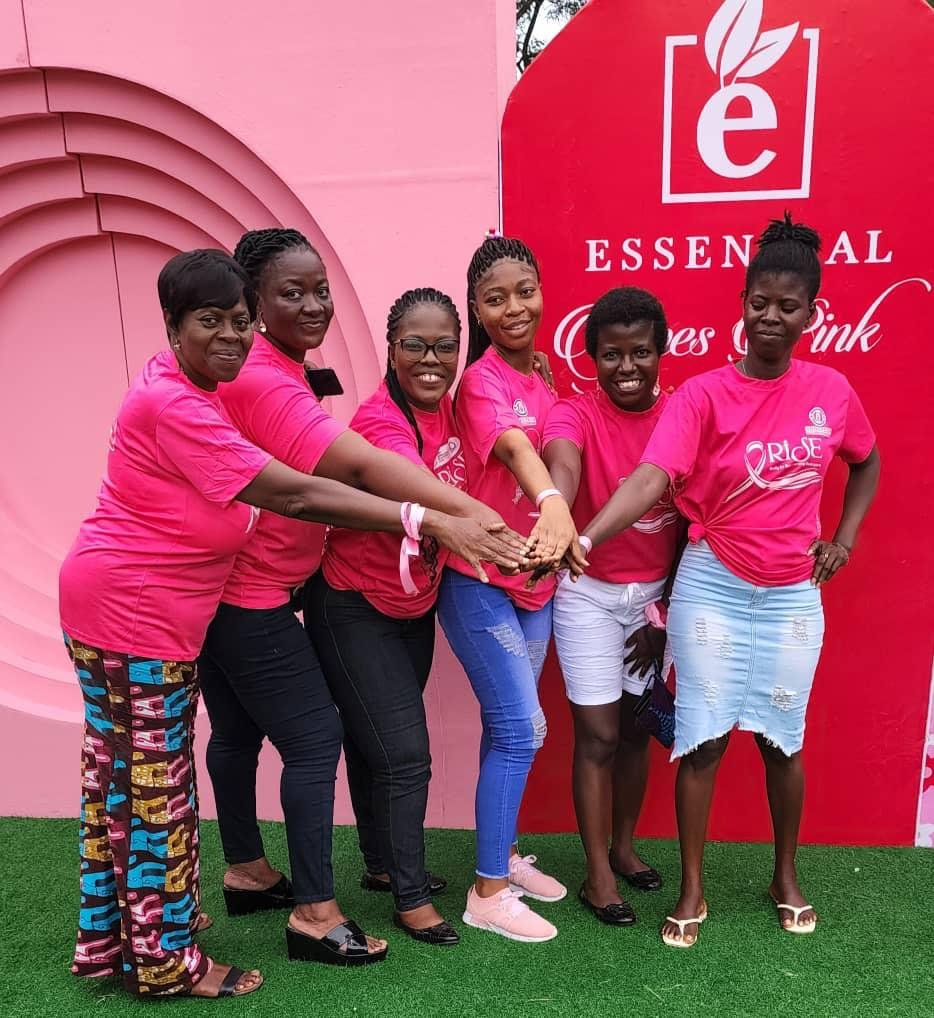
At a church screening in October 2022, doctors detected suspicious lymph nodes. Further tests confirmed her worst fear: stage three invasive carcinoma.
“It wasn’t easy,” she recalls softly. “But my faith in God kept me strong. My husband, children, family, friends, and colleagues formed an army behind me. Their prayers, visits, and encouragement gave me the courage to fight.”
“Be grateful every day because you never know what tomorrow may bring. No one has it all, but with love and support, you can endure,” she stated.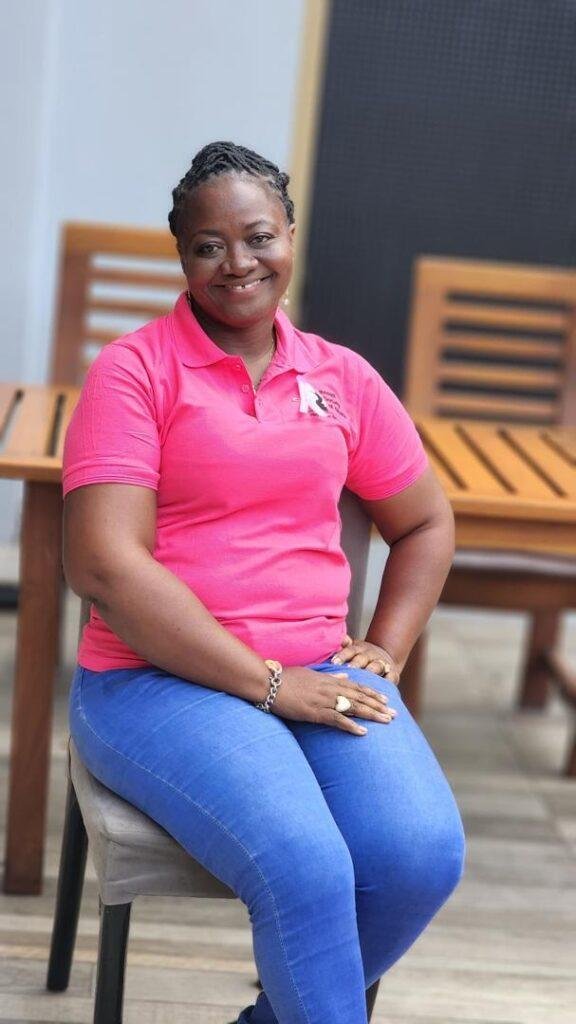
Her greatest fear remains recurrence and not living long enough to see her children graduate and become the people she dreams for them to be.
Before cancer disrupted her life, Margaret had found purpose in interpretation. In 2020, a friend spotted a Judicial Service vacancy and encouraged her to apply. After years of unsuccessful attempts at government jobs, she was reluctant, but she tried once more. This time, she succeeded and was posted to the Eastern Region, her home.
Today, she works at the Nsawam District Court, one of the busiest in the area. On a typical day, she arrives at 7:30am, prepares dockets, and confers with magistrates. She interprets proceedings in Twi, Ga, Hausa, and occasionally Ewe, ensuring that justice was accessible to all.
Her role is demanding. Cross-examinations require her to switch quickly between English and local dialects, while marriages often call for interpreting vows in couples’ preferred languages. Still, she thrives. “The registrars and magistrates I’ve worked with have been amazing. They make the environment very comfortable,” she stated.
Beyond the courtroom, Margaret is also an entrepreneur. In 2017, she founded Nubreed Décor, an events decoration business born from her childhood love for beautifying spaces. She recalls cutting paper decorations as a child and helping her cousin rent out chairs and decorate venues.
Balancing décor with court work was tough, and her health struggles after surgery made it even harder. Radiation left her with persistent rib pain, forcing her to slow down. “Now I hire more hands, which makes business expensive, but it helps me achieve my goals,” she explained.
Her biggest challenge as an entrepreneur remains finance. “The event industry is huge, but I have to work at my own pace and focus on my niche,” she admited.
Cancer changed how Margaret values people and relationships. She learned that those you least expect often become your strongest supporters. She urges families to stand by patients with prayers, encouragement, and financial support, reminding society that a cancer diagnosis is not the end of life.
Her advocacy extends beyond awareness talks. She dreams of establishing a counselling centre for young people and hopes Ghana will expand access to mammograms and radiotherapy centres. “Every patient deserves a chance at survival,” she said firmly.
She urged the youth to live peacefully and be their brother’s keeper, learn to be content and rely on God.
To women, she asserted that, “love yourselves and make breast checks routine while calling on Ghanaians to be open-minded, avoid being judgmental, and show love.
By Esinam Jemima Kuatsinu

 Profile6 days ago
Profile6 days agoAlbert Litela Obidiaba: The artist who wove Ghana’s soul into the King’s Baton

 News6 days ago
News6 days agoDaddy Lumba’s wife, children run to court to injunct December 6 funeral arrangements

 News1 week ago
News1 week agoPresident Mahama to meet Auditor-General, Chief Justice and Attorney-General over misuse of public funds






